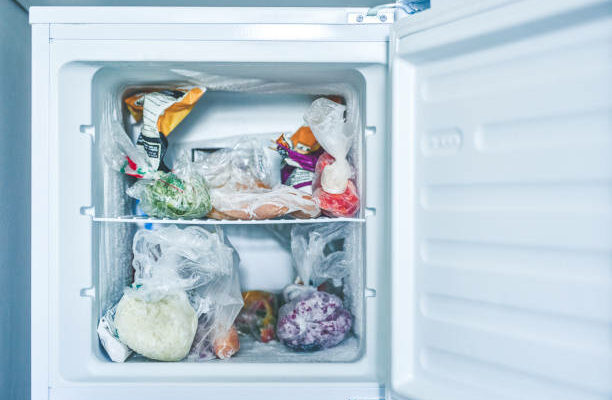If you’re living in a colder climate or have just noticed your water has been running cold when it’s usually lukewarm, you may have frozen pipes. Freezing pipes are dangerous and can lead to burst pipes which will cause significant damage to your property. Various are methods can be used to prevent your pipes from freezing:
1. Using an Electric Water Heater
If you’re living in an extremely cold area during winter, then using an electric water heater can be a great idea. You can talk to the best services for heating and air in Atlanta to get the best deals on an electric water heater. An electric water heater runs off of electricity and uses a small fan that circulates warm air down the pipe, which prevents the pipes from freezing. However, electric water heaters cost slightly more than natural gas ones.
2. Using an Antifreeze Solution
Antifreeze is used in cars to prevent freezing when the temperature drops too low. Anti-freeze also works for pipes to prevent them from freezing. However, antifreeze is usually only used for car engines that are regularly in use and rarely used in regular car tires. Use anti-freeze when the temperature is below 20 degrees.
3. Using a Thermal/Electric Water Jacket
If you have a hot and cold water line exposed to the outside, using a thermal/electric jacket will keep these lines from freezing. This jacket can be used in conjunction with an electric water heater. A thermal/electric water jacket is usually a cheaper version of the electric water heating unit, and it is used to surround a pipe that is at risk of freezing.
4. Letting Water Run
When you go away from home on a trip or vacation, it’s important to let the water run frequently and fully in all taps, especially if you have unheated water lines. It will keep the water flowing through your pipes and allow them to warm up while you’re gone. However, you should only do this when there is no risk of freezing temperatures, like at night.
5. Rent a Blowtorch
If you live in a colder place and have pipes that freeze, you may be able to keep them from freezing by either using an antifreeze solution or using a blowtorch to thaw the pipes. It’s important to keep the heat of the blowtorch moving around so that it doesn’t make some areas too hot while other areas aren’t getting heated.
6. Trimming Back Overflow Piping
Overflow piping is used to drain away excess water in your pipes. Usually, this piping is exposed outside your home and can freeze. Trimming back the overflow piping will prevent it from freezing and prevent water from building up at the top of your pipes (which can cause them to freeze).
7. Insulation
Insulate pipes in unheated areas like attics and basements, leaving a temperature gap of about two inches between the pipe and insulation. Caulk and weatherproof exterior foundation vents to prevent cold air from flowing into your home through these vents.
8. Disconnecting Water Lines you don’t need
Pipes that are not being used provide a natural pathway for cold air to enter your home from outdoors through the new lines. It can prevent the pipes from freezing, so it is best to disconnect unnecessary water lines or replace them with copper.
9. Using a High-Efficiency Heater
Using a high-efficiency heater can help with preventing frozen pipes. Setting up your heating system to maximize efficiency and minimize the use of heaters is a good idea for preventing your pipes from freezing. High-efficiency heaters are almost as efficient as electric heaters but lower costs because they use natural gas.
10. Using an Immersion Heater
If you’ve insulated your pipes and are still having trouble with freezing pipes, using an immersion heater may be good. An immersion heater is installed into the pipe itself and can provide heat down to the end of the pipe. Immersion heaters are a little costlier than other options for keeping your pipes warm, but they generally work well for homes in areas with a constant threat of freezing pipes.
Closely monitoring your water temperatures is important in case you have any questions about whether your pipes are frozen or not. Pipes that freeze are more likely to burst, resulting in huge damage to your home. If you suspect problems with your pipes, call a plumber as soon as possible to get the problem fixed.


Comments